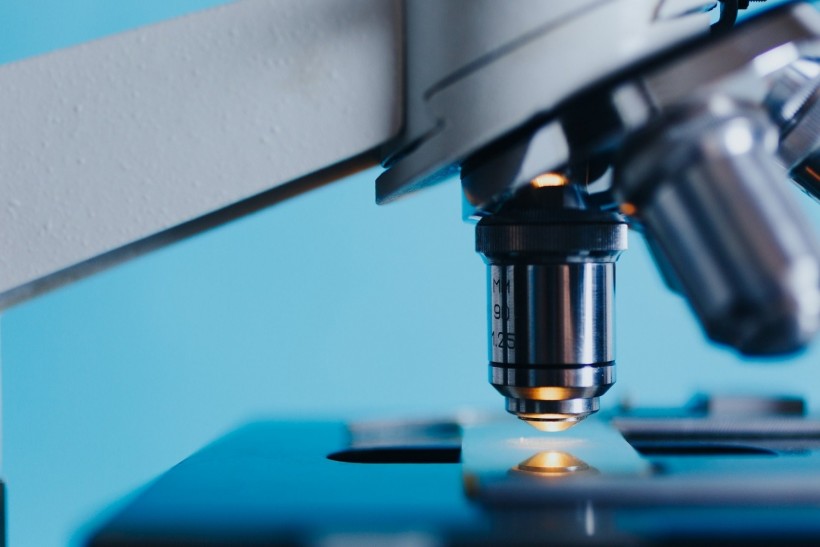Before the pandemic, the world was facing a variety of threats such as climate change, population growth and ageing demographics. In addition, rapid advances in science and technology have been changing how people live, bringing new problems and new solutions. These issues remain, but the focus has understandably shifted to the global pandemic.
Before the pandemic struck, the problems facing humanity had already led to an increase in science funding, both at government and private levels. Covid-19 has seen investment surge and a shift to certain sectors of industry. One such industry is technology, which has allowed people to continue working and living during lockdowns. Another sector is science, with an understandable focus on health and biotech.
Apart from the initial flood of interest and money in companies searching for a vaccine, the industry as a whole has benefitted from a surge of investment. Although the pandemic has been the catalyst, the sector has been increasingly popular for years, which is likely to continue.
Science funding was already increasing globally, but COVID-19 accelerated the shift
A recent study by UNESCO (the United Nation's Educational, Scientific and Cultural Organization) has shown that global spending on science was increasing even before the pandemic. The report found that between 2014 and 2018, research and development rose by 19%. This growth was mostly driven by China, responsible for 44%, the USA with 19.4%, and the EU with 11%.
The data in the report did not include the pandemic, so it does not specify where funding went or how it shifted in 2020. However, the project Director Susan Schneegans, said: "We have seen more investment channeled into the biomedical industry . . . [but] what we do not know yet is how much is additional money for the research budget rather than coming from somewhere else."
A report by the OECD found that for the first few months of the outbreak, around $5 billion went toward emergency R&D funding. Europe, for example, spent $850 million. Scientific discoveries were also shared more than before as the global scientific community came together. For instance, Chinese scientists posted the sequenced genome of Covid-19 online on January 11th, enabling Germans to develop a screening test with the WHO sharing the results.
In 2020, across OECD countries, R&D investments rose in digital and pharmaceutical sectors and fell for automotive, aerospace and defense industries. A large amount of this investment has come from government spending, and that is set to continue. For example, in the UK, R&D spending will rise £9 billion a year to £22 billion by 2024-2025.
Biotech startups have seen considerable funding
Big Pharma and governments aren't the only ones investing in the science and the health sector. Venture capital has been keen for years. Since 2013, according to PitchBook, the number of funding deals has risen by around 70 a year, with 941 deals in 2019. The size of the deals has increased as well. In four of the last five years, the collective value has been over $10 billion.
However, once the pandemic began, the sector saw an even more significant increase. Data reveals that private biotechs raised almost $20 billion in 2020. Private fundraising in the industry also shot up, with a 37% increase in 2019 and numerous biotech-related SPACS raised even more money for biotech companies.
One study found that over 20% of healthcare startups began in the first few months of the pandemic. However, the majority of companies just happened to be in the right industry at the right time.
A great example of this is Bright Minds, a biotechnology company that creates pharmaceutical products specifically targeted for issues that have previously been hard to treat.
Bright Mind's CEO, Ian McDonald, is aware of his company's fortuitous timing. "Bright Minds was only founded in 2017. We had some specific aims and products we wanted to develop, but it was difficult at first," he says.
"We gathered an amazingly strong science team, but the industry is notoriously expensive. We made significant progress over our first three years or so but knew it would take a while to expand and develop our R&D and product lines. Then Covid-19 happened, and funding became a lot easier.
"We were able to raise around $30 million to further our research, and our progress took a huge leap forward. Not only that, but the pandemic has brought a lot of scientists and researchers together. As a result, we have been able to partner with the National Institutes of Health (NIH) and universities such as the Medical College of Wisconsin and the University of Texas Medical Branch."
McDonald thinks the shift toward increased science funding is here to stay. "While biotech companies like Bright Minds have been particularly in demand as a result of the pandemic, there was a general shift already underway. The scientific community generally has seen a rise in interest from the general public and increased funding from both governments and private equity.
"There are a lot of ongoing problems facing by humanity," McDonald says. "Climate change and an ageing population, for example, are still major issues and will be for decades or more. And they are issues that need science."
* This is a contributed article and this content does not necessarily represent the views of sciencetimes.com















